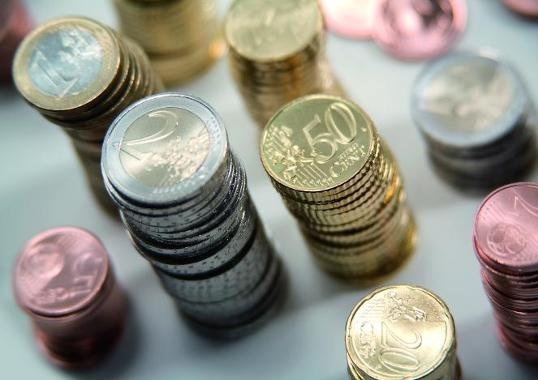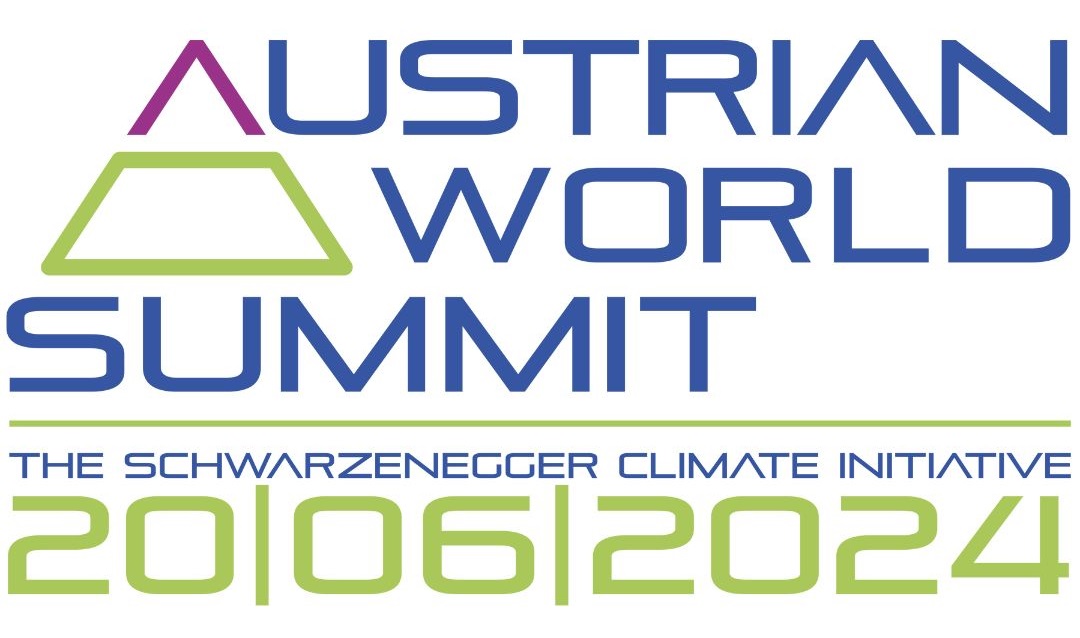Signs of Improvement Amid Slow but Steady Recovery
While the Austrian economy successfully emerged from recession during the first quarter of this year, benefiting from an initial boost by the services sector, the recovery remains gradual at the start of the second quarter of 2024, constrained by weak demand in industry and construction. After modest 0.2% growth in Q1 compared to the prior quarter, current indicators point to only marginal growth for Q2. Following a 0.8% decline in economic output in 2023, UniCredit Bank Austria anticipates a modest 0.3% increase in GDP for 2024. This moderate recovery is expected to be driven by a reversal in the inventory cycle and rising real wages from lower inflation, leading to increased consumer spending. Additionally, Investments are also projected to contribute to a 1.5% GDP growth in 2025.
Unemployment has started to rise, reaching 6.8% in April 2024, up from an annual average of 6.4% for 2024. The situation on the labor market is likely to deteriorate further in the coming months, primarily due to weakness in industrial and construction sectors, and only stabilize towards the end of the year.
Inflation is expected to have fallen to 3.5% in April 2024, down from the higher levels earlier in the year. UniCredit Bank Austria projects inflation will slow to an average of 3.6% in 2024 and 2.3% in 2025, allowing the European Central Bank to start cutting interest rates, with 75 basis points of cuts expected this year and a further 100 basis points in 2025, bringing the deposit rate down to 2.25%.


